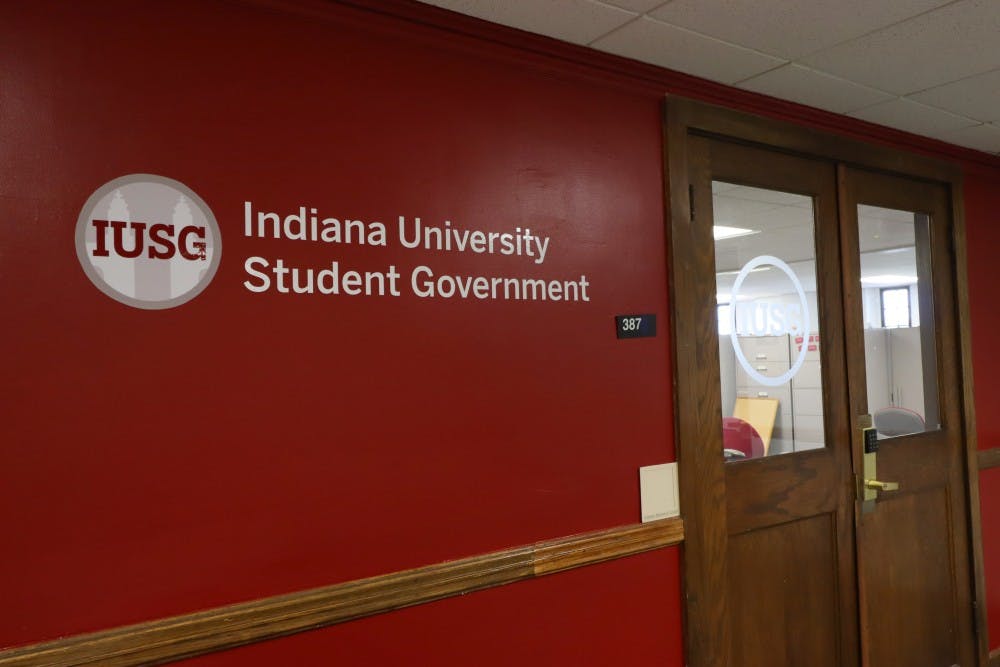The main job of the IU Student Government Supreme Court is to hear cases from the university judicial system. The justices hear around 55 to 165 cases every year, Chief Justice and junior Graham Vogtman said.
One type of case they hear is personal misconduct. Personal misconduct cases involve students that were reported to the Office of Student Conduct for having alcohol, drugs or even a candle in their residence hall. After the report is made, the student’s case is heard by a three-person panel including a faculty member, an administrative member and a student on the IU Supreme Court.
During the case, the accused student and a representative from the Office of the Dean of Students make an argument for why the student should or shouldn’t be found responsible for violating the IU Code of Student Rights, Responsibilities and Conduct. The code outlines the rules, regulations and rights awarded to students at all IU campuses, Vogtman said.
Last spring, the IUSG judicial branch began a project that will work to reword certain parts of the code of conduct to make them easier to interpret, Associate Justice and junior Eli Schantz said. Vogtman said he plans to meet with an assistant dean within the next week to discuss the project and talk about how they might carry it out.
The panel also sometimes listens to witnesses called by either side, Associate Justice and senior Journey Westfield said.
Professionals make up most of the panel, but Westfield said it is important that current students hear the case as well because they bring in a different perspective.
“They don’t know what it’s like to be a student right now,” Westfield said. “We are really able to be the voice and represent the students.”
During these cases, the IU Supreme Court students serve as both a voice of empathy for the student and an objective perspective that helps to uphold the rules outlined in the code of conduct, Schantz said.
After listening to the case, the panel will deliberate based on the facts presented and the IU code of conduct. They then presents their decision, which is based on a majority vote.
If the student is found responsible, they will face disciplinary actions which vary depending on the severity of the student’s actions.
If the student decides to appeal the decision, the court process repeats.
The other type of cases the IU Supreme Court hear are academic misconduct cases. These cases include studentsreported for cheating on a test or plagiarizing an essay.
Offenses are reported to the Office of the Vice Provost who determines the student's punishment. If a student decides to appeal, the facts of the case are presented to a five-person panel.
This panel consists of one administrative member, two faculty members and two IU Supreme Court Justices. They are presented documents on the case and then determine if the punishment assigned was arbitrary or disproportionate using the facts listed and the code of conduct.
The code of conduct explains what could constitute a code violation. However, there are certain provisions in the code that are open to questionable interpretation, Vogtman said.
“A student might be charged under some section of code, and when we look at that section of the code, it might seem to some of us that it is worded in a difficult way,” Vogtman said.



